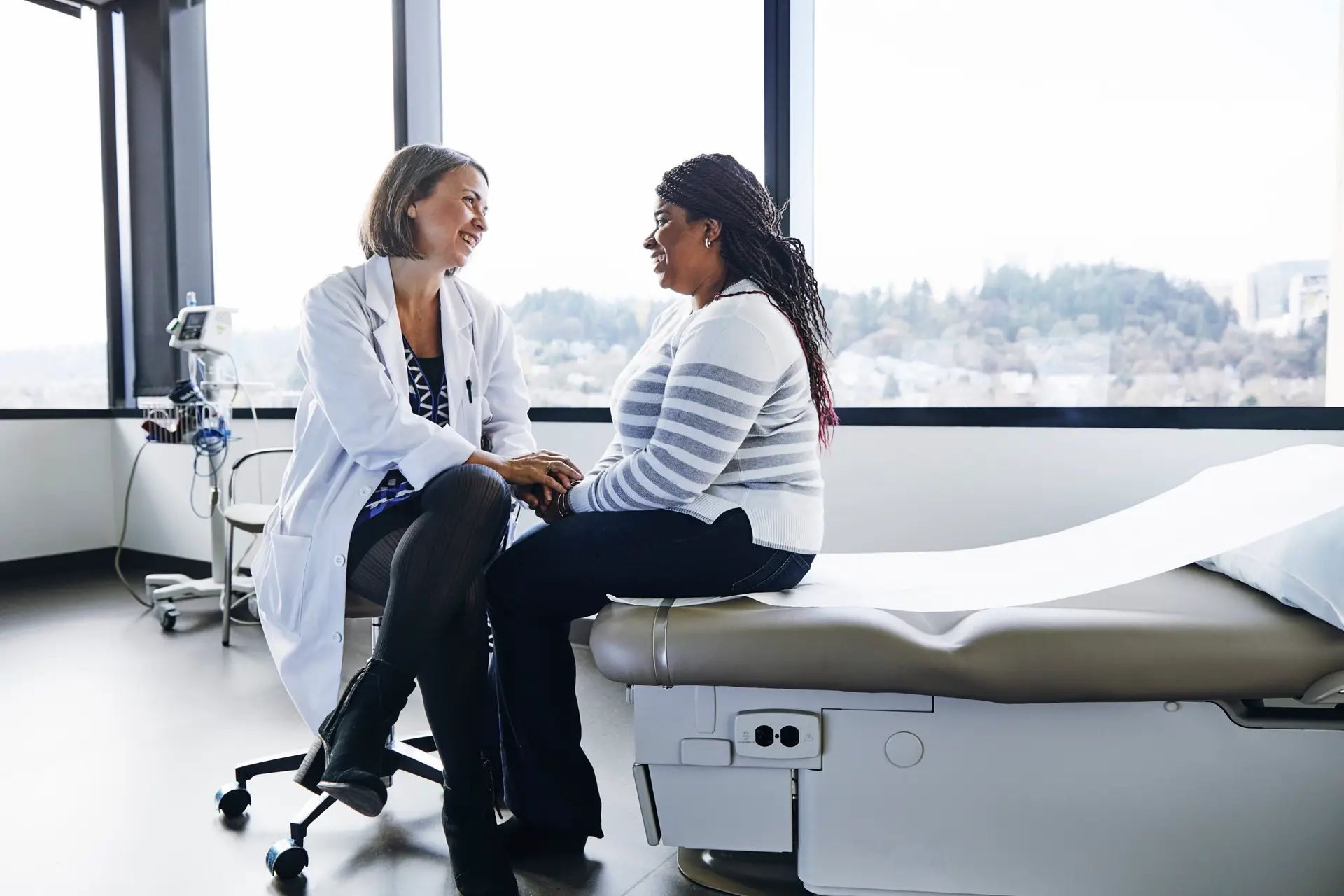
High-Risk Breast Clinic
Knowing your risk can save your life—and we’re here to help you take that first step. At the SCRI Oncology Partner’s Center for Breast Health, our comprehensive High-Risk Clinic is designed for individuals who want to understand their cancer risks as well as those who have been identified with elevated risk factors, whether through breast cancer risk prediction models, based on family or individual risks, or during routine screenings. From the moment you connect with us, you are supported by a dedicated team that will guide you through a personalized risk assessment process.
We provide access to expert genetic counseling and develop a long-term surveillance plan tailored to your needs. Our goal is to empower you with knowledge, proactive care, and a clear path forward—so you can take control of your health with peace of mind.
Meet Our Team of Elite Experts
Denise A. Yardley, MD, GCRA
Medical Oncologist and Director of High-Risk, SCRI Oncology Partners; Associate Director, Breast Cancer Research, Sarah Cannon Research Institute (SCRI)
Erika Hamilton, MD
Medical Oncologist, SCRI Oncology Partners; Director, Breast Cancer Research, Sarah Cannon Research Institute (SCRI)
Sarah Premji, MD
Medical Oncologist, SCRI Oncology Partners; Assistant Director, Breast Cancer Research, Sarah Cannon Research Institute (SCRI)
Mark Cooper, MD
Breast Surgeon, SCRI Oncology Partners
Importance of Hereditary Risk Assessment and Genetic Testing
By determining whether an individual is at an elevated risk for cancer, based on a gene mutation or strong family history, we offer special options for medical management, lifestyle choices and family planning.
This includes:
- Screening/surveillance for cancers (at a younger age, more frequent intervals and/or using different technology)
- Prevention or risk reduction of cancers (through surgery or medications)
- Potential specialized cancer treatment
- Potential modification of cancer risk through diet and exercise
- Information regarding risks to children and other family members
- Genetic testing
Who Should Enroll in Risk Management?
Although it’s important that all patients keep up with regular cancer screenings, those at above average risk or high risk are especially vulnerable. Patients who would benefit from risk management for breast cancer include:
- Patients with a family history of breast cancer
- Patients with a relative with pre-menopausal breast cancer
- Patients with a family history of any ovarian cancer or male breast cancer
- Patients with histories of breast biopsies with atypia
- Patients with dense breasts on mammography
- Patients with known genetic mutations predisposing them to breast cancer
Our commitment to treating breast cancer begins with prevention and early detection, empowering patients through increased awareness and surveillance. Patients benefit from the clinic’s evaluation and ongoing follow-up with an experienced certified breast cancer family nurse practitioner. Working closely with our genetic counselors and medical oncologists, the High-Risk Breast Clinic assists in developing an effective plan for prevention and early detection.
Early Detection
Early detection of breast cancer provides the best chance of effective treatment. When found early, breast cancer has more available treatment options and is associated with better outcomes and improved quality of life.
High-Risk Surveillance
For those at high risk for breast cancer, surveillance could include:
- Monthly self-breast exam
- Annual mammograms, 3D preferred
- Annual MRI 6 months after mammogram
- Clinical breast exam twice a year
Please note: Risk-reducing surgeries are reserved for those with a strong genetic risk
Make an Appointment Today
Call 615-329-7345
Contact Us
Whether you are newly diagnosed, previously treated or seeking additional care or research options, we are here to support you every step of the way.
Contact Us
Whether you are newly diagnosed, previously treated or seeking additional care or research options, we are here to support you every step of the way.
Contact Us
Whether you are newly diagnosed, previously treated or seeking additional care or research options, we are here to support you every step of the way.






